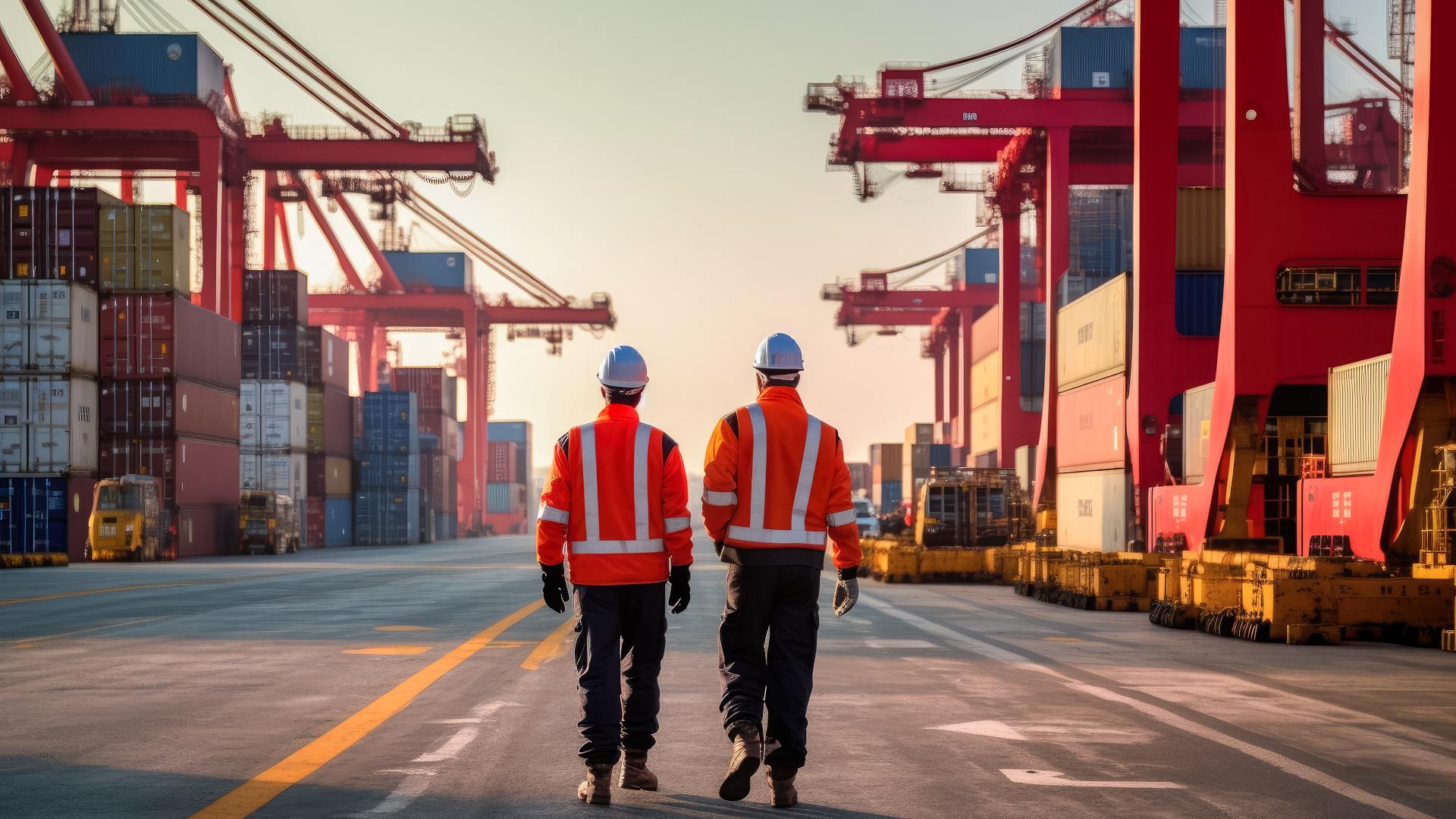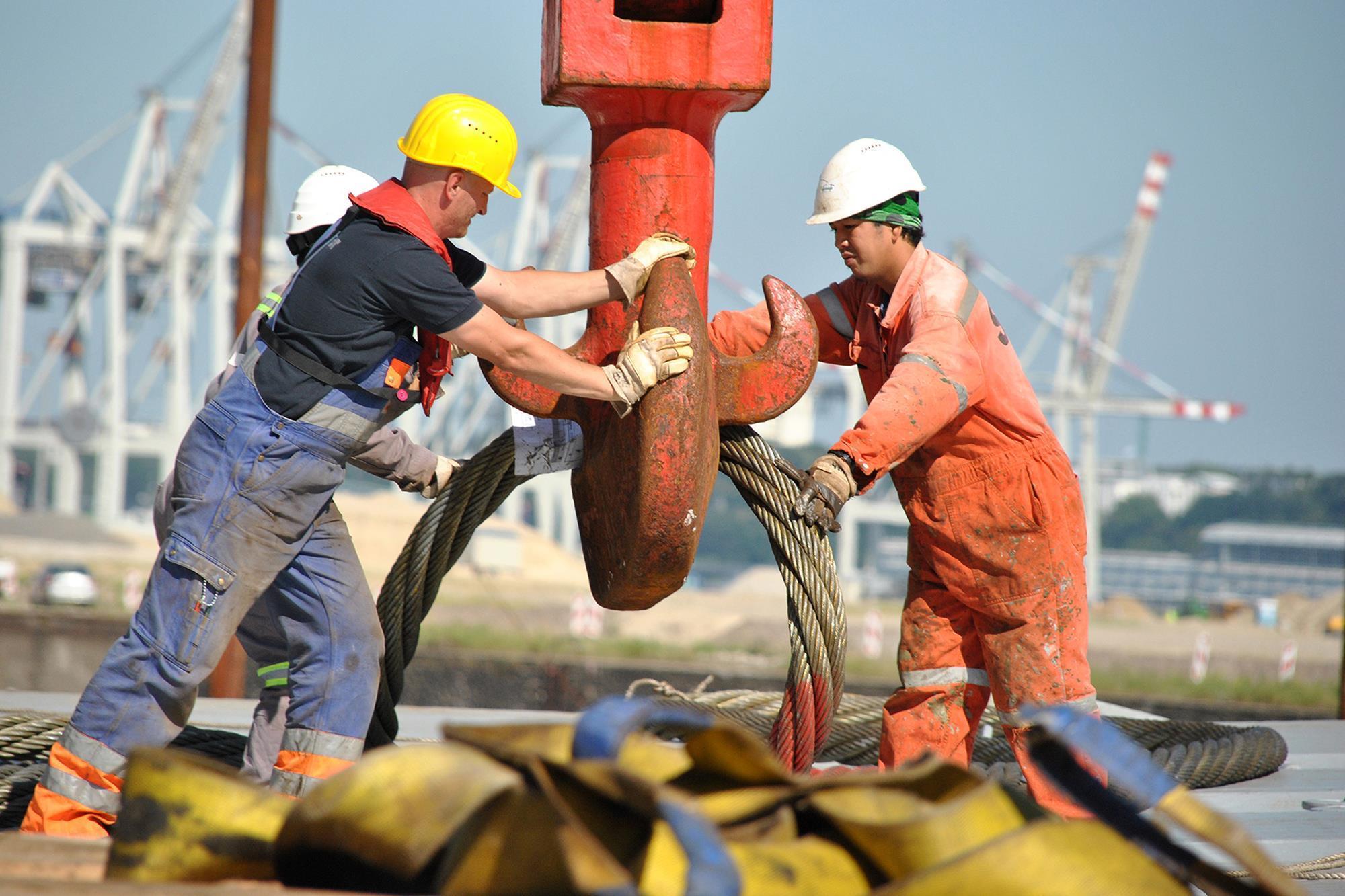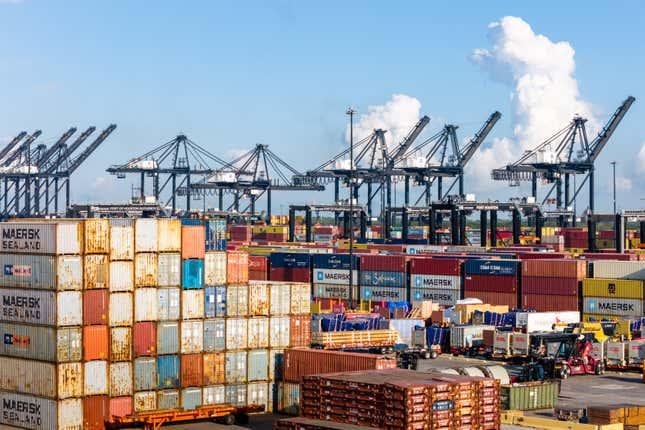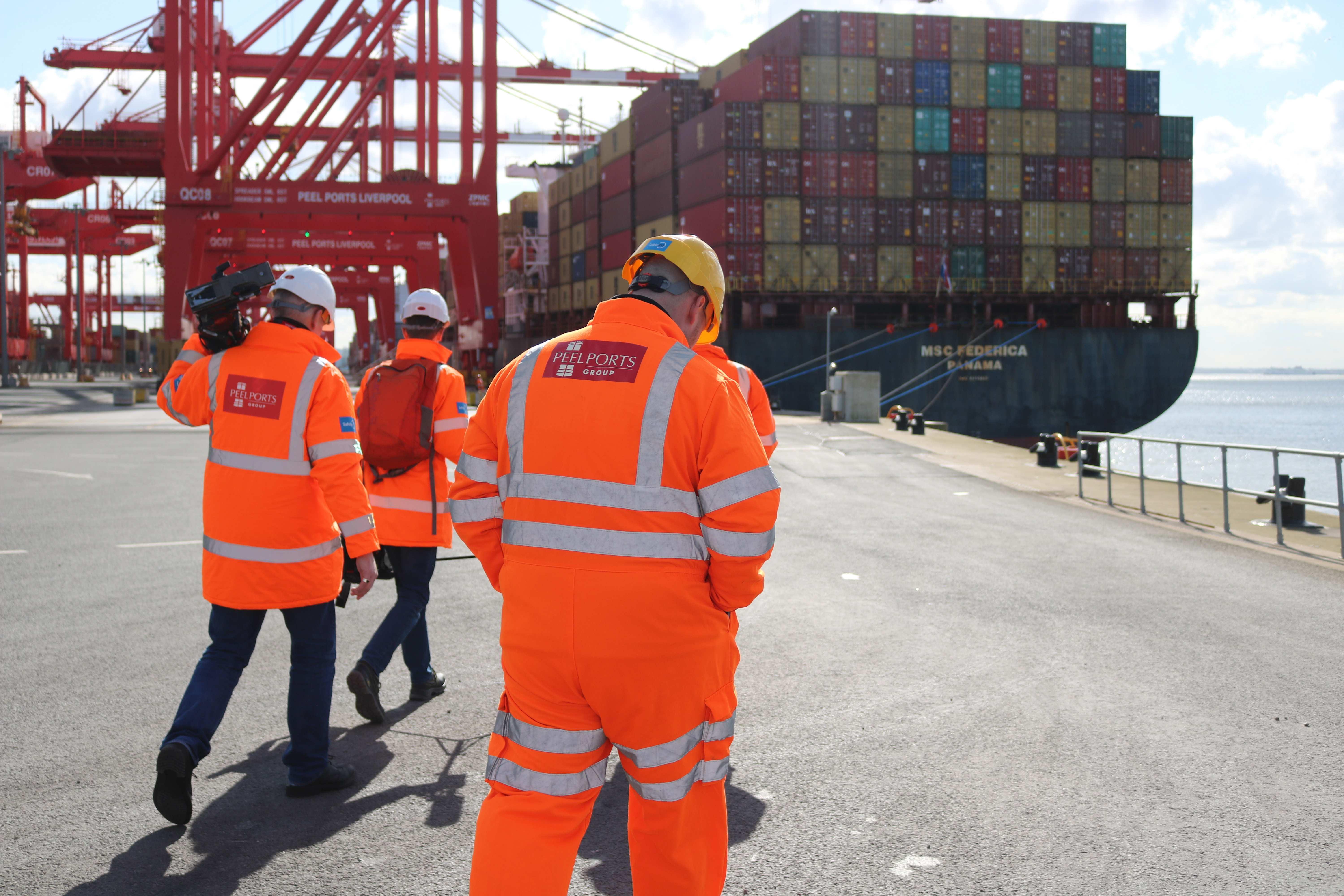The recent strike by port workers at East Coast and Gulf ports has sent shockwaves through the supply chain industry, sparking fears of inflation and further shortages. As the United States grapples with ongoing economic challenges, this latest disruption threatens to exacerbate existing issues and strain consumer wallets. USA TODAY dives into the potential impacts of this labor dispute and what it means for everyday Americans.
Table of Contents
- Port workers strike causes disruptions in supply chain
- Impact of labor shortage on consumer prices
- Strategies to mitigate effects of potential inflation and shortages
- Government response to address labor strike and prevent economic repercussions
- Q&A
- Key Takeaways

Port workers strike causes disruptions in supply chain
As port workers continue their strike at major ports along the East Coast and Gulf, concerns are rising over the potential impact on the supply chain. The strike, which began last week, has already caused significant disruptions, leading to delays in the transportation of goods and materials across the country.
The ongoing strike has sparked fears of inflation as businesses struggle to receive their shipments on time. With the supply chain already under strain due to various factors, including the pandemic and labor shortages, the port workers’ strike has further exacerbated the situation. Consumers may soon start to see more shortages in stores and an increase in prices for essential goods.

Impact of labor shortage on consumer prices
The recent strike by port workers at various East Coast and Gulf ports has sent shockwaves through the country, sparking fears of inflation and further shortages for consumers. The labor shortage at these crucial ports has disrupted the supply chain, leading to delays in shipments and ultimately driving up prices for goods.
This strike comes at a time when the economy is already facing challenges due to shortages in various sectors, such as the semiconductor industry. With the holiday season fast approaching, consumers are bracing for higher prices and potential scarcity of popular products. The impact of the labor shortage on consumer prices is expected to be significant, with experts warning of inflationary pressures in the coming months.

Strategies to mitigate effects of potential inflation and shortages
The recent strike by port workers at East Coast and Gulf ports has raised concerns about the potential for inflation and increased shortages in the United States. As supply chain disruptions continue to plague the economy, it is crucial for businesses and consumers to implement strategies to mitigate the effects of these challenges.
One effective strategy to combat potential inflation and shortages is to diversify your supply chain by sourcing from multiple suppliers and exploring alternative transportation options. Additionally, businesses can consider increasing their inventory levels to ensure they have an adequate supply of essential goods. It is also important for companies to communicate closely with their suppliers to stay informed about any potential disruptions and to develop contingency plans to address them swiftly. By taking proactive measures and staying vigilant, businesses can minimize the impact of inflation and shortages on their operations.

Government response to address labor strike and prevent economic repercussions
The recent labor strike at East Coast and Gulf ports has raised concerns about potential inflation and shortages that could affect the economy. As port workers protest for better working conditions and pay, the government is taking action to address the situation and mitigate the potential economic consequences.
In response to the strike, government officials have initiated negotiations between labor unions and port management to resolve the issues at hand. Additionally, emergency measures have been put in place to ensure essential goods continue to flow smoothly through the affected ports. The government is also closely monitoring the situation to prevent any further disruptions to the supply chain.
Q&A
Q: What is the current situation at East Coast and Gulf ports?
A: Port workers have gone on strike, sparking fears of inflation and more shortages.
Q: Why have the port workers gone on strike?
A: The workers are demanding better working conditions and higher wages.
Q: How is the strike impacting the economy?
A: The strike is causing disruptions in supply chains and could lead to higher prices for goods.
Q: What are the potential consequences of the strike?
A: The strike could lead to inflation and more shortages of essential goods.
Q: How are businesses responding to the strike?
A: Some businesses are starting to stockpile goods in anticipation of a prolonged strike.
Q: What actions are being taken to resolve the strike?
A: Negotiations are ongoing between port workers and management to hopefully reach a resolution.
Key Takeaways
the recent port workers strike at East Coast and Gulf ports has sent shockwaves through the supply chain, sparking fears of inflation and exacerbating existing shortages. As negotiations continue between labor unions and port operators, the impact of this strike on the economy remains uncertain. Stay tuned for further updates on this developing story. Thank you for reading USA TODAY for the latest news and analysis on this and other important issues affecting our nation.
